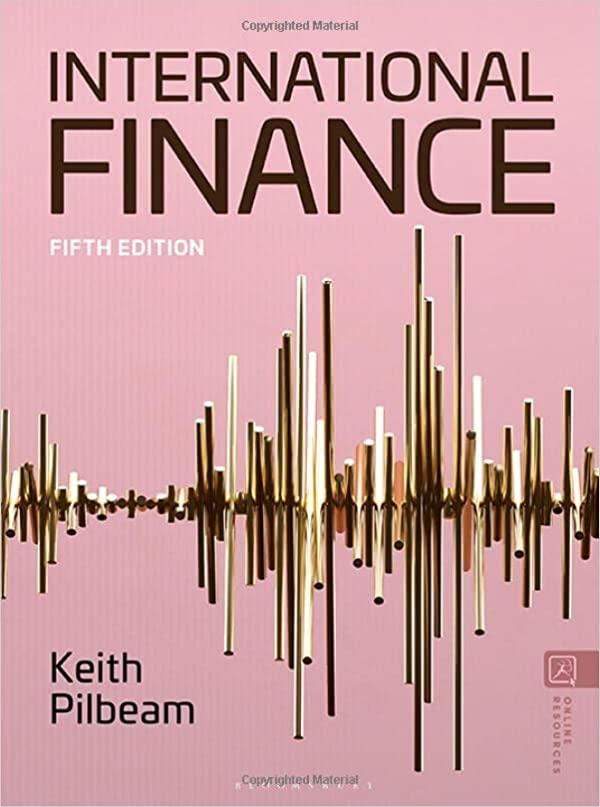Question
Suppose that you deposit $10,000 in a tax-deferred retirement account today. (Hence we can ignore taxes in this problem.) You select a well-diversified equity mutual
Suppose that you deposit $10,000 in a tax-deferred retirement account today. (Hence we can ignore taxes in this problem.) You select a well-diversified equity mutual fund as your investment. Your account is set up so that all dividends are reinvested. Moreover, you do not make any withdrawals over the next 40 years (your holding period until retirement). The ending balance in your account is $217,245. This balance corresponds to compound annual rate of return of 8%.
Now suppose instead that you borrow from your retirement account from time to time. Ignoring the complications involved, suppose that your borrowing reduces your compound annual rate of return by only 1.3%. (Hint: think of this of the rate as if it were an investment expense over the life of your retirement account.) What is your ending balance in this scenario?
Give your answer in dollars. Round your answer to the nearest dollar. Do not type the $ symbol. For example, if your answer is $125,400, then type 125400.
Step by Step Solution
There are 3 Steps involved in it
Step: 1

Get Instant Access to Expert-Tailored Solutions
See step-by-step solutions with expert insights and AI powered tools for academic success
Step: 2

Step: 3

Ace Your Homework with AI
Get the answers you need in no time with our AI-driven, step-by-step assistance
Get Started


